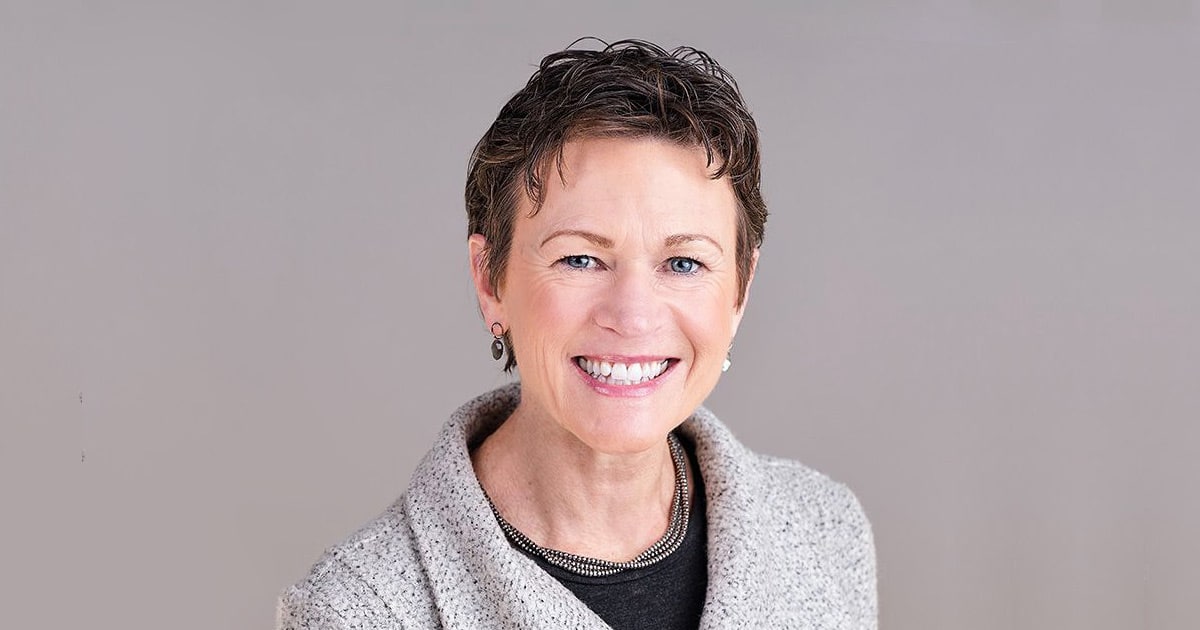How to Support Your Team’s Well-Being During Remote Work – With Bentley’s Trish Foster
With Bentley’s Trish Foster
Q: What have you learned over this past year about how to support your team’s well-being while working remotely?
First, I think it’s important to acknowledge that there is no one who has not been impacted by the challenges of this pandemic and mandated remote work. Some people have faced tragedies, like losing someone they love to this illness. Others have been challenged by job loss, social isolation, and uncertainty. It’s human to feel sadness, and there are days when we simply have to acknowledge this with our coworkers. Grief expert David Kessler advises, “What everyone has in common is that no matter how they grieve, they share a need for their grief to be witnessed.”
There are plenty of ways to support coworkers that don’t cost a dime;
- Hold check-ins during meetings, inviting people to share how they are feeling, or invite them to share a personal story. This helps build trust, which we know is diminished in a virtual work setting.
- Offer virtual mentoring, which offers critical human connection during a period of crisis.
- Advocate for digital accessibility for people with disabilities or those in lower-income households who might face more barriers to remote work.
- Reduce Zoom fatigue by holding no meeting days when employees can catch up on work and emails or unplug from the physical toll of too much screen time.
Q: What has most helped you maintain your positive mental and emotional well-being?
Being able to focus on the Center for Women in Business mission to make workplaces more inclusive has been fulfilling this year–supporting folks who might be marginalized in the workplace, whether as a result of their race, ability, gender, or other identity.
I’m an energy healing practitioner, so I’ve drawn on that knowledge a great deal during the crisis. I’ve facilitated a number of mindfulness sessions for people in my own organization and in other workplaces.
Like many, I’ve found that staying in frequent touch (mostly remotely) with friends and family has been a huge source of support and comfort. Long walks and guided mediation are also non-negotiables for my personal well-being.
Q: Now that we seem to be turning a corner on Covid, what do you think will be one of the greatest challenges to women’s well-being in 2021 and beyond? And what advice can you offer?
If businesses don’t address women’s well-being – and the profound mental and physical impacts resulting from the pandemic – they definitely risk losing current and future women leaders after many years of slow progress around gender equity. The crisis has heightened the inequalities that women face daily at work and at home, and this will likely continue into 2022. McKinsey research shows that during the past year, women carried a disproportionate load of household duties, including caregiving. This has taken a tremendous toll, with women either leaving or downshifting their careers at greater rates than men. And Black and Asian women have been disproportionately impacted as they’ve coped with racial attacks, grief, and anger. In addition, they are often being asked to take on the emotional labor involved in helping their organizations navigate the current climate of racial injustice.
So, for starters, leaders need to take an intersectional approach to women’s well-being. Women of color might need support and mentorship uniquely designed for them right now. They might need more opportunities to practice self-care than other women.
For all women, employers should expand wellness offerings, including fitness reimbursement and mental health support. They should double down on training opportunities and professional development. And they need to be sure that they are offering enough flexible work options – and the right kinds – for mothers (and all workers) who need them.
Q: Sometimes, discovering a new book or podcast can help boost our well-being. Have you made any good discoveries lately?
- Think Like a Monk by Jay Shetty really resonated with me during this past year. While it draws on ancient wisdom, it’s filled with practical, accessible strategies to cope with stress, help clear roadblocks, overcome negativity, and create a personal sense of purpose.
- I’m a devotee of all of Brene Brown’s podcasts, and during the crisis, her Unlocking Us series has been one of my regular listens. She creates human connection in a time when we are all feeling isolated.
- The Laverne Cox Show has been good for me to tune into as a white, straight woman to help expand my horizons around diversity. Whether she’s discussing racial issues, transgender understanding, mental health, or weight and beauty, her research and insights are fabulous. I also appreciate her charm and authenticity.
Q: Who or what most inspires you about women in the workplace now?
I’m constantly amazed and inspired by how much women support each other, which has really been the case for me throughout my career. I’ve been lucky to work with smart, innovative women who embody compassion and confidence – a winning combination. This past year especially, we have shown up for each other and raised each other up.
There’s plenty of research showing that women who support other women are more successful in their careers, and that’s certainly been my experience. I’m all about busting the age-old myth that women don’t show up for each other. In fact, when I talk to students in Bentley’s Women’s Leadership Program, this is one of the points I emphasize. It’s fantastic to see these future leaders learning how to form a close network of women who support each other even before they enter the workforce.
Trish Foster serves as Executive Director in the Center for Women and Business (CWB) at Bentley University, where she sets strategy, guides thought leadership and provides DE&I counsel.
